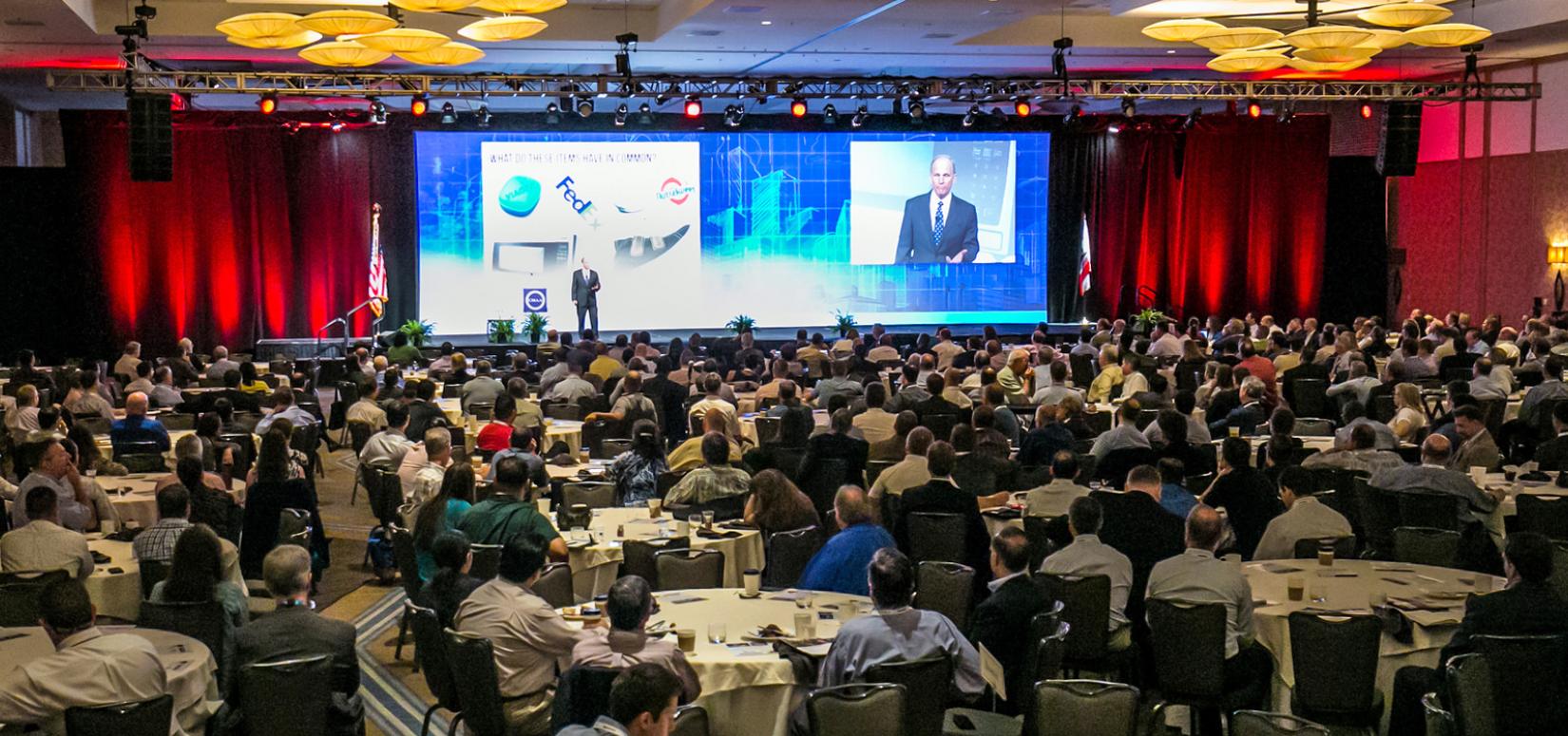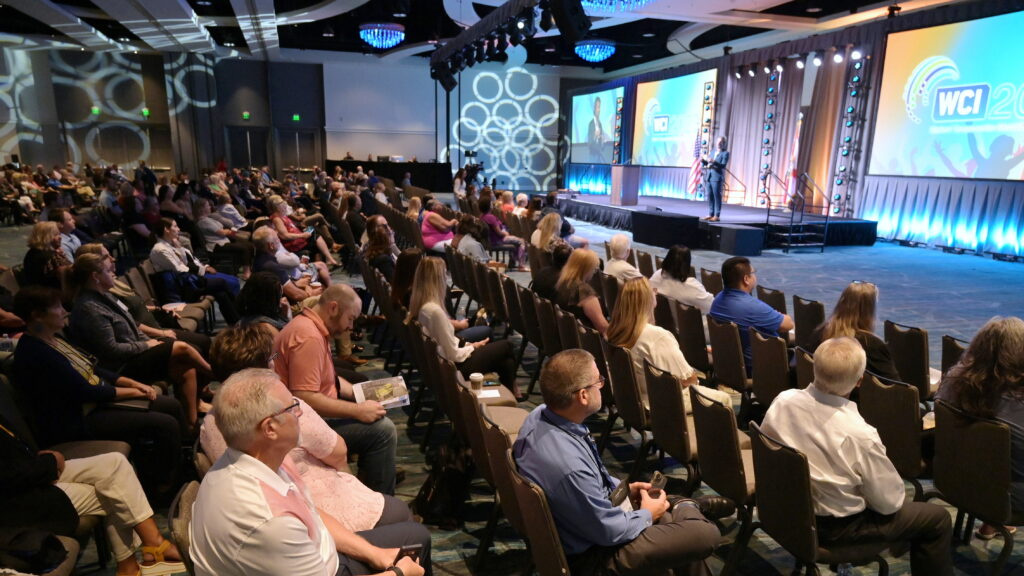Planning for Conferences: Strategies to Stand Out in Networking Sessions
Planning for Conferences: Strategies to Stand Out in Networking Sessions
Blog Article
Necessary Tips for Preparing and Taking advantage of Conferences
Going to meetings can be an essential chance for professional development, yet the benefits are usually contingent on efficient prep work. Recognizing the meeting schedule and setting clear goals can substantially boost your experience, while critical networking can lead to productive links.
Study the Meeting Program
One of the most important actions in getting ready for a seminar is to extensively investigate the seminar agenda. Comprehending the agenda enables participants to recognize essential sessions, workshops, and speakers that straighten with their specialist interests and goals. By assessing the timetable, participants can focus on events that will supply the most worth and understanding, making certain a critical technique to their meeting experience.
In enhancement to determining appropriate sessions, looking into the schedule permits attendees to recognize the styles and trends that will be resolved throughout the conference. This expertise can spark purposeful discussions and networking chances with peers and sector leaders. It additionally assists in developing informative questions that can improve engagement during Q&A sessions.
Moreover, familiarity with the program can help with smoother logistics planning, such as taking care of travel times between sessions and making best use of possibilities for informal discussions throughout breaks. Attendees need to likewise take into consideration utilizing devices supplied by the meeting organizers, such as mobile apps or online systems, to remain updated on any modifications to the schedule. Comprehensive study makes sure that participants are well-prepared to navigate the meeting efficiently, ultimately resulting in a more enhancing and effective experience.
Establish Clear Objectives
Setting clear objectives is important for maximizing the value of going to a conference. By establishing certain goals before the event, you can focus your efforts on areas that line up with your expert goals and rate of interests. Begin by recognizing what you wish to achieve; this could vary from acquiring expertise in a specific field, discovering cutting-edge techniques, or discovering possible cooperations.
Following, prioritize your goals based on their value and importance to your existing jobs or occupation trajectory. Consider the sessions you prepare to attend, the audio speakers you wish to listen to, and the subjects that resonate with your purposes. Having a well-defined purpose will certainly not only boost your involvement during the conference yet additionally allow you to assess the event's performance later.
In addition, setting quantifiable objectives can provide you with a structure for examining your progress. As an example, goal to accumulate a specific number of understandings or actionable takeaways from each session. Inevitably, clear objectives serve as a roadmap, directing your seminar experience and ensuring that you acquire substantial benefits that prolong past the event itself.
Network Strategically
Accomplishing your seminar goals often hinges on efficient networking. Usage social media systems, such as LinkedIn, to study attendees and start discussions before the event.
Throughout the meeting, be aggressive. Participate in workshops, panels, and social celebrations that straighten with your rate of interests, as these setups are ripe for interaction. Remember to listen proactively and ask informative inquiries, which shows real interest and cultivates relationship. When presenting yourself, be succinct and clear about your professional history and goals to make a memorable impression.
Adhere to up after the seminar with individualized messages, expressing gratitude for the conversation and recommending future partnership. This can help solidify the link and maintain the discussion open. Eventually, calculated networking has to do with building long lasting relationships that can sustain your specialist growth and improve your meeting experience. By being deliberate in your strategy, you can turn short lived experiences right into valuable opportunities for partnership and innovation.
Prepare Your Products
Organizing and preparing your products well beforehand is vital for an effective seminar experience. Begin by determining the essential files and resources you will require, such as your presentation slides, handouts, calling card, and any type of appropriate research materials. Conferences. Make sure that all digital data are saved in conveniently accessible styles and backed up in multiple areas, consisting of cloud storage space
Following, think about creating a conference folder, either digital or physical, that consolidates all critical details. This could include the conference schedule, a listing of vital contacts, and notes on workshops or sessions you prepare to go to. Acquaint on your own with the conference design and schedule to optimize your time and networking chances.
If you are providing, rehearse your material completely. This will certainly not only boost your confidence however also help you determine any type of gaps or areas that need improvement (Conferences). In addition, prepare a concise lift pitch concerning your job or organization advice to promote networking

Follow Up After the Event
Following up after the occasion is essential for strengthening connections made throughout the meeting. This process not just strengthens connections but additionally opens up the door for future collaboration and possibilities. Begin by assessing the service cards and notes collected throughout the seminar to determine vital calls and topics of interest.
Send out personalized follow-up e-mails within a few days after the meeting, expressing gratefulness for their time and understandings shared throughout conversations. Referral details conversations to remind them of your interaction and enhance the personal her comment is here link. If ideal, recommend a follow-up meeting or telephone call to discover potential collaborations or share more information relevant to their rate of interests.
Additionally, think about connecting on professional networking systems such as LinkedIn, which can promote recurring interaction and relationship building. Share appropriate posts, resources, or insights that may benefit your get in touches with, demonstrating your worth and interaction in the field.

Verdict
In verdict, effective prep work and interaction at conferences can substantially improve professional growth. By systematically investigating the schedule, developing clear goals, networking actively, and arranging required products, attendees can optimize their conference experience. Persistent follow-up after the occasion offers to strengthen links and discover potential partnerships. Implementing these approaches cultivates an efficient setting for attaining private objectives and progressing professional networks within the sector.
One of the most essential actions in preparing for a conference is to thoroughly investigate the meeting program. By examining the timetable, individuals can focus on occasions that will provide the most value and insight, guaranteeing a strategic strategy to their meeting experience.
Having a well-defined purpose will not only improve your involvement throughout the meeting yet also allow you to review the event's efficiency later.
Ultimately, clear goals serve as a roadmap, directing your conference experience and making certain that you obtain substantial benefits that extend past the event itself.

Report this page